Site matters when creating a pool. Pool construction costs vary on weather, soil, and local laws. Materials, construction, and project timeline may affect the pool’s cost. Understanding these area differences helps homeowners pick wisely and save on pool restorations.
Climate Fears
Pools are cheaper in hot locations because more companies build them. These sites have concerns that may increase costs. Arizona and Southern California pools with lots of sun and heat need good cooling and filtration to stay clean and safe. UV-resistant coatings and coverings cost more since UV rays shorten their lifespan.
Problems with Cool Weather
Specialised contractors and supplies are scarce in cooler climates where pools aren’t used, raising construction costs. To survive long winters, the pool must be weatherproofed and insulated, increasing costs.
Type of Soil?
Pool construction costs depend on dirt type. Florida’s sandy soil makes digging easier, reducing manpower costs. However, sandy dirt may require stronger supports to avoid settlement and shifting, costing more. However, digging strong Texas or Midwest clay soil is challenging. Due to rocky soil, digging may take longer and cost more. Large machinery and blasting may be needed for rocky soils, raising expenditures.
Local Building Laws
Local and building codes affect pool prices. Safety and environmental standards can increase pool construction costs and complexity. Water and energy consumption laws in California necessitate complicated filtration systems and energy-saving pumps. Building pools near the shore may require hurricane-force wind and seawater corrosion protection, raising costs, don’t forget the usefulness of pool financing options with special interest options.
Construction Site Access
Accessibility to the construction site may affect costs. Transporting supplies and equipment in crowded cities is difficult and expensive. Building chores may take longer and cost more without enough space. In rural areas with more space, logistics difficulties are less visible, saving money. Rural residents far from suppliers may pay more to ship things.
Local Labour Expenses
Local labour prices vary greatly. In expensive East and West Coast cities, skilled contractors may charge more for labour. This might raise pool expenses dramatically. Lower-cost locales may have cheaper personnel, making pools cheaper.
Choose Pool Type
Choice of pool and location affect prices. A high water table in Louisiana may require additional waterproofing and draining for an in-ground pool to avoid flooding. This may cost more. Infinity pools, popular in California hills, require precise engineering and extra structural supports, raising their cost.
Economic Health and Market Demand
Finally, market demand and local economics may alter pool costs. Construction is in demand in fast-growing areas. This may increase labour and material costs. In slow-business locations, builders may decrease prices to attract customers.
Conclusion
Pool construction prices rely on various location-specific elements. Climate, soil type, local constraints, site accessibility, labour costs, and market demand. To ensure a successful pool installation and a good estimate, homeowners should engage local professionals and study these geographical factors. They may maximise their new pool investment and make smart choices by recognising local demands and restrictions.

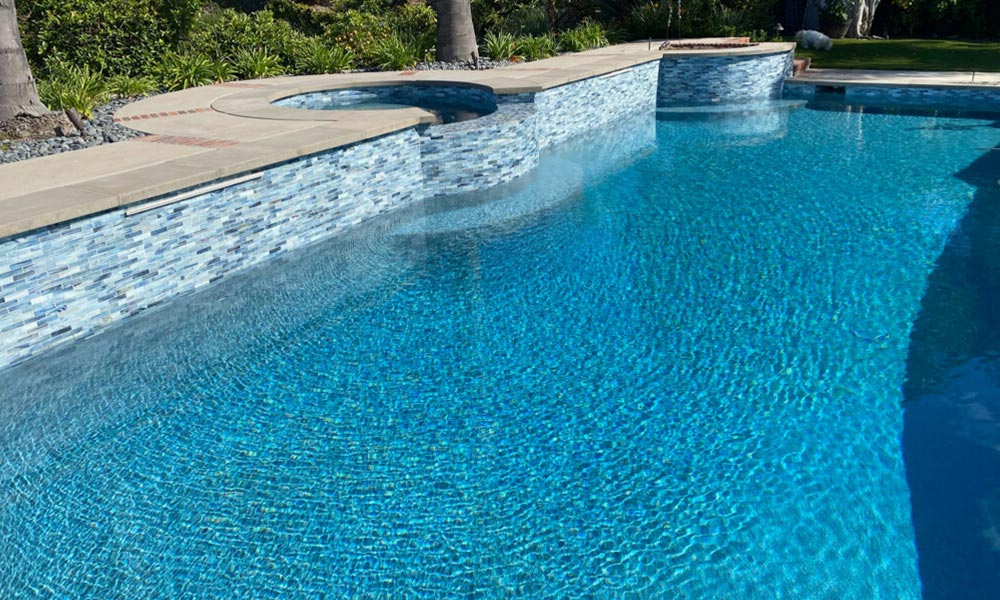
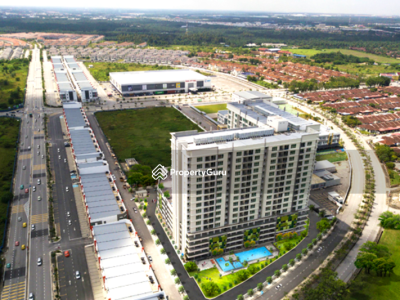
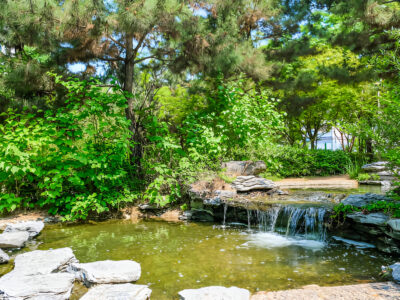
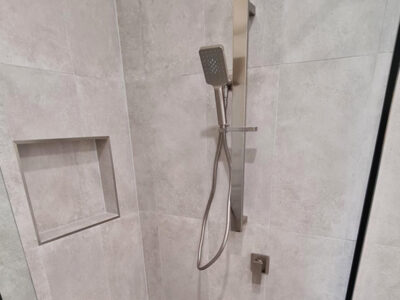

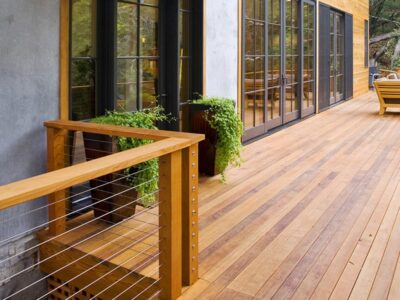
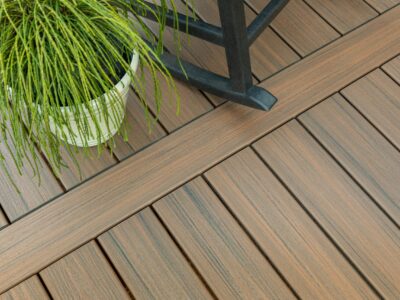
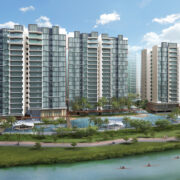
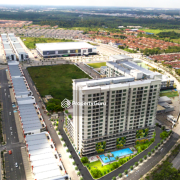



Comments